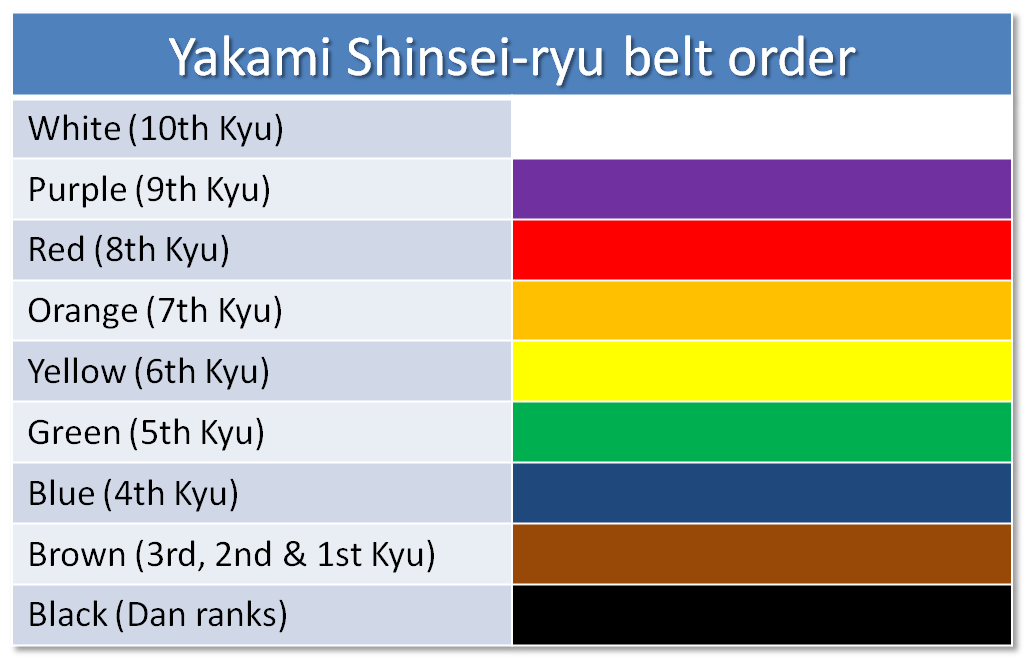In karate, the black belt is a symbol of mastery, discipline, and dedication. But earning a black belt isn’t the final step in a karateka’s journey—it’s just the beginning. There are multiple levels or degrees of black belts, each representing a new level of proficiency and understanding in martial arts. If you’ve ever wondered what the black belt degrees in karate mean, this guide will help you understand the progression and what each level represents.
For those wanting a more detailed explanation, check out this article on karate black belt levels and their significance
What Are Black Belt Degrees in Karate?
When most people think of a black belt, they assume it’s the pinnacle of martial arts achievement. In reality, once you earn a black belt, you’ve only just scratched the surface. Black belts are awarded in degrees, called dan ranks, with each degree representing a new stage of expertise and experience.
The first black belt you earn is typically referred to as Shodan, or first-degree black belt. From there, practitioners can work their way up through various dan ranks, which can go as high as 10th dan in some systems.
Why Are There Multiple Degrees of Black Belts?
Each black belt degree represents a deeper understanding of karate, both physically and mentally. The black belt degrees in karate allow practitioners to continue growing, refining their techniques, and contributing to the martial arts community. For instance:
- First-degree black belt: Mastery of fundamental techniques.
- Second-degree black belt: Deeper understanding of self-defense and more advanced techniques.
- Third-degree black belt: The ability to teach and share knowledge with others.
The Journey Beyond the Black Belt
It’s important to remember that the black belt isn’t the end goal—it’s a new beginning. Each additional degree of black belt is earned through hard work, dedication, and time spent training. Progress through the dan ranks becomes slower as you advance, with each new rank requiring years of commitment.
The Dan Ranking System Explained

Karate uses the dan ranking system to differentiate between various levels of expertise. Here’s a breakdown of the common ranks and what each one represents.
1. Shodan (1st Degree Black Belt)
- Meaning: Shodan means “beginning degree.”
- What it Represents: Earning a Shodan signifies that you have mastered the fundamentals of karate. You have a solid understanding of basic techniques, katas, and self-defense applications. However, this is often seen as the first step toward true mastery.
- Time to Earn: It typically takes about 3-5 years of consistent practice to earn a Shodan, depending on the karate style and the dojo.
2. Nidan (2nd Degree Black Belt)
- Meaning: Nidan means “second degree.”
- What it Represents: A Nidan represents a deeper understanding of karate. At this stage, practitioners focus more on perfecting techniques, increasing their understanding of body mechanics, and integrating karate into everyday life. This is also when many begin teaching.
- Time to Earn: Typically, 2-3 years after Shodan.
3. Sandan (3rd Degree Black Belt)
- Meaning: Sandan means “third degree.”
- What it Represents: At the Sandan level, you’re expected to not only be proficient in karate but also able to teach and pass on knowledge to others. This rank is often associated with a leadership role in the dojo.
- Time to Earn: Usually 3-5 years after earning Nidan.
4. Yondan (4th Degree Black Belt)
- Meaning: Yondan means “fourth degree.”
- What it Represents: At this level, the focus is on the philosophical and spiritual aspects of karate. Yondan holders are often senior instructors and play a crucial role in guiding other students through their journeys.
- Time to Earn: Generally, 4-5 years after Sandan.
5. Godan (5th Degree Black Belt)
- Meaning: Godan means “fifth degree.”
- What it Represents: At this stage, practitioners have an almost complete understanding of karate. They’re not only physically proficient but also respected for their wisdom and leadership.
- Time to Earn: Often takes 5-10 years after Yondan.
6. 6th-10th Degree Black Belt (Rokudan to Judan)
The higher degrees of black belts are rarely awarded and are reserved for those who have dedicated their lives to the art of karate. These ranks are typically honorary and signify not just mastery of techniques but a lifetime commitment to karate. For instance:
- Rokudan (6th degree): Advanced leadership in karate.
- Judan (10th degree): Very few ever achieve this rank; it’s often awarded posthumously.
The Significance of Time Between Degrees
As you advance in the black belt degrees in karate, the time required to progress to the next level increases. For example, while it might take only a few years to go from Shodan to Nidan, it can take a decade or more to progress from Godan to Rokudan. This time isn’t just about mastering new techniques—it’s about growing as a martial artist, contributing to the community, and deepening your understanding of the art.
FAQs about Black Belt Degrees in Karate
Q: How long does it take to earn a black belt?
A: It usually takes about 3-5 years to earn a Shodan (1st degree black belt), but it can vary depending on the individual and the dojo.
Q: Are all karate black belts the same?
A: No. Different styles of karate may have different requirements for earning a black belt. Additionally, black belt degrees signify different levels of mastery.
Q: Can you lose your black belt?
A: Technically, no. Once you earn a black belt, it is yours for life. However, if you stop practicing or advancing, your skills might diminish over time.
Q: How many degrees of black belt are there in karate?
A: There are usually up to 10 degrees (dans) in karate. However, only a few practitioners reach the highest ranks, as they require decades of dedication.
The Road to Mastery
Achieving multiple black belt degrees in karate is not just about learning new techniques—it’s a long-term commitment to personal growth, discipline, and giving back to the martial arts community. Each degree represents a deeper level of mastery, both physically and mentally.
For anyone starting their karate journey, the prospect of earning a black belt can seem daunting. But remember, it’s not just about reaching a specific level—it’s about the journey. As you progress through the ranks, you’ll not only improve as a martial artist but also as a person, developing traits like humility, perseverance, and patience.
If you’re interested in starting your own karate journey, check out how to start karate at any age.
Conclusion
The black belt degrees in karate represent more than just different levels of skill—they signify a lifelong commitment to growth, learning, and the spirit of martial arts. Whether you’re just starting out or are already a seasoned black belt, there’s always more to learn and achieve in karate.
Remember, the black belt is just the beginning. Keep training, keep growing, and embrace the journey.
For more resources, visit this comprehensive guide on karate ranking systems.

